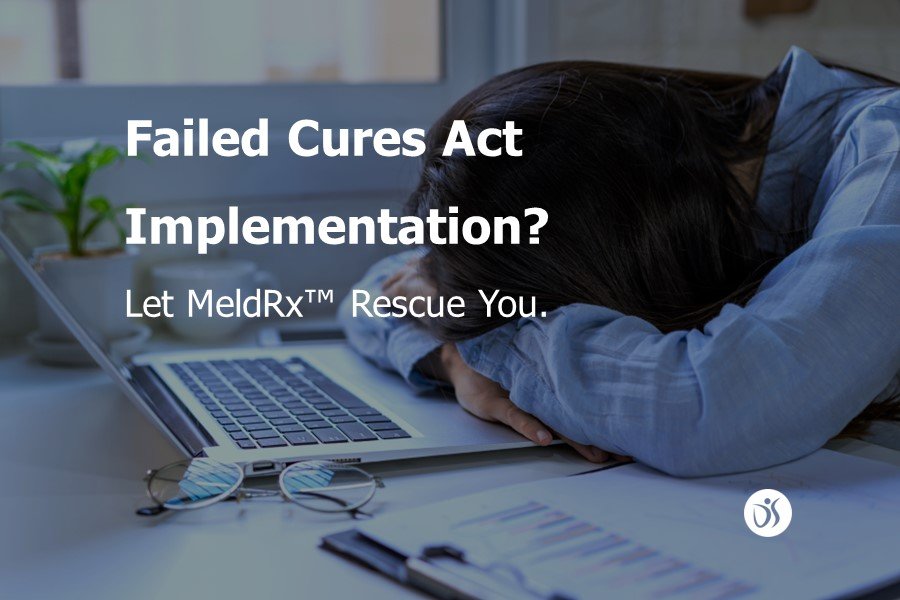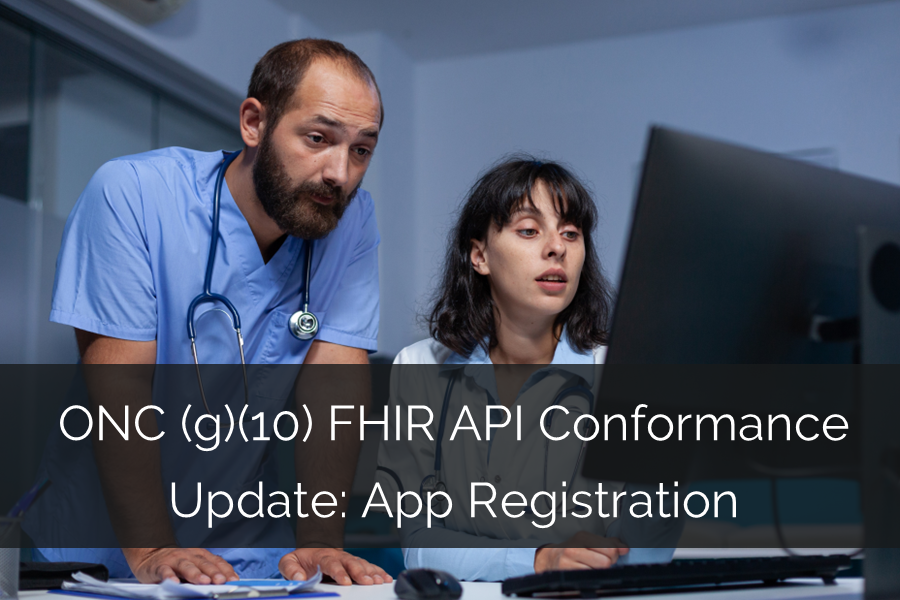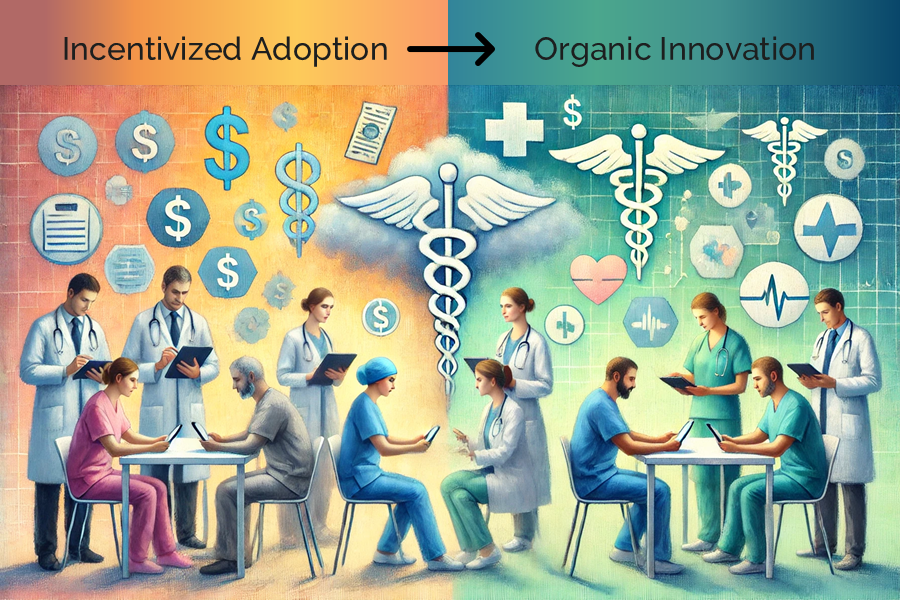Failed Cures Act Implementation? Let MeldRx™ Rescue You.
January 1, 2023, is not just the beginning of a new year, it is also the beginning of the enforcement period for the Information Blocking portion of the Cures Act. All providers who document patient encounters are now required to respond to their patients’ requests for their Electronic Health Information (EHI) in a timely manner and allow them to use a third-party app of their choice. Health IT developers must update their EHR's certified capabilities regarding FHIR® APIs and provide their customers (users of their EHR) with the ability to honor their patients’ requests with a FHIR-based application programming interface (API). Additionally, the Cures Act requires EHRs to publish FHIR API endpoints in a machine-readable and easily accessible format for free. The EHRs and providers failing to meet these Cures Act mandates will be deemed Information Blockers and are now subject to penalties.
Information Blocking and FHIR APIs
Regarding patient requests for data, the Cures Act prohibits providers, EHRs, and health information networks from engaging in practices that inhibit patients from receiving or sharing their data. The Cures Act provides the governing bodies (ONC and HHS) with the legal leverage to levy penalties on these Information Blockers.
The FHIR APIs (mandated by the Cures Act) remove the barriers to data exchange between EHRs, Providers, and Patients. Enabling patients to access their health data is essential for having their data available for reference at the point of service. Putting patients at the heart of health data sharing will reduce delays in healthcare delivery and avoid redundant efforts. The FHIR APIs connect the dots between data in EHRs and apps on patients’ smartphones. Additionally, the awareness of the importance of Patients’ Engagement in their own health is at its highest. The percentage of Information Blocking claims filed by patients to date is a testimony to that. Out of over 500 claims under review today, more than 60% have been filed by patients, and more than 85% of these claims are against providers.
Not All FHIR API Implementations are Created Equal
Unlike previous Certification requirements, the Cures Act requires a functional solution. Certification-ware style of solutions won’t cut it anymore. EHRs need to have the FHIR API capability, activate it for all providers using their solution, and keep attesting at regular intervals throughout the year that their solution is working as they promised it would. However, there are gaps. Many EHRs who relied on a modular (g)(10) FHIR-API-certified solution would discover that the solution they were counting on was incomplete. These EHRs would need to fill in the missing pieces or risk facing “Direct Review” and “Certification Ban” by ONC during the review period.
The FHIR API Checklist
To help with the early detection and removal of the Information Blocking liability, we have created a FHIR API checklist for Providers and EHRs:
PROVIDER CHECKLIST
Has your EHR provided you with a unique FHIR API endpoint (URL) for your organization, and has it listed in a publicly available location (Directory)? The Directory allows patients to look up your unique FHIR API URL and securely exchange data with you.
Has your EHR explained the process that must be in place as of Jan 1, 2023 for you to respond to your patients’ requests promptly?
Has your EHR offered to educate you and your staff on the Cures Act and how to establish a “No Information Blocking” policy for your practice?
Does your EHR provide an easy-to-use patient invitation process to share data with patients and reduce staff burden?
EHR CHECKLIST
Does the FHIR API you are relying upon have the following mandatory functionality?
Do you have a unique FHIR API endpoint (URL) for each healthcare organization you serve listed in a publicly available location (Directory)? The Directory allows patients to look up their providers and securely exchange data with their unique URLs.
Do you have a securely hosted FHIR API (server) that stores the data in the FHIR format?
Can you validate a third-party app of patient's choice?
Can you provide an easy-to-use patient invitation process that reduces the burden on the provider’s staff?
Can you authenticate a patient requesting their information to confirm their identity/
Is the FHIR API scalable?
If your current FHIR API implementation partner has not helped you check any of the boxes above, let MeldRx come to your rescue. We can get you compliant within a few days.











